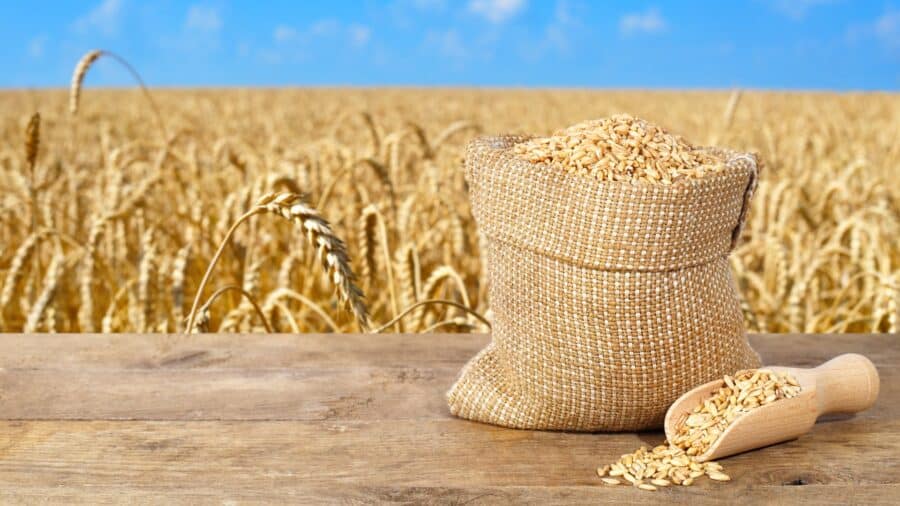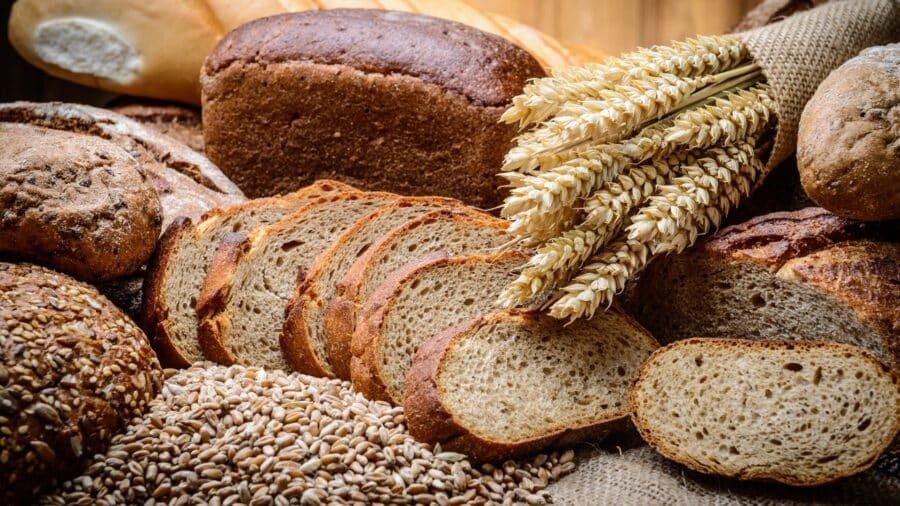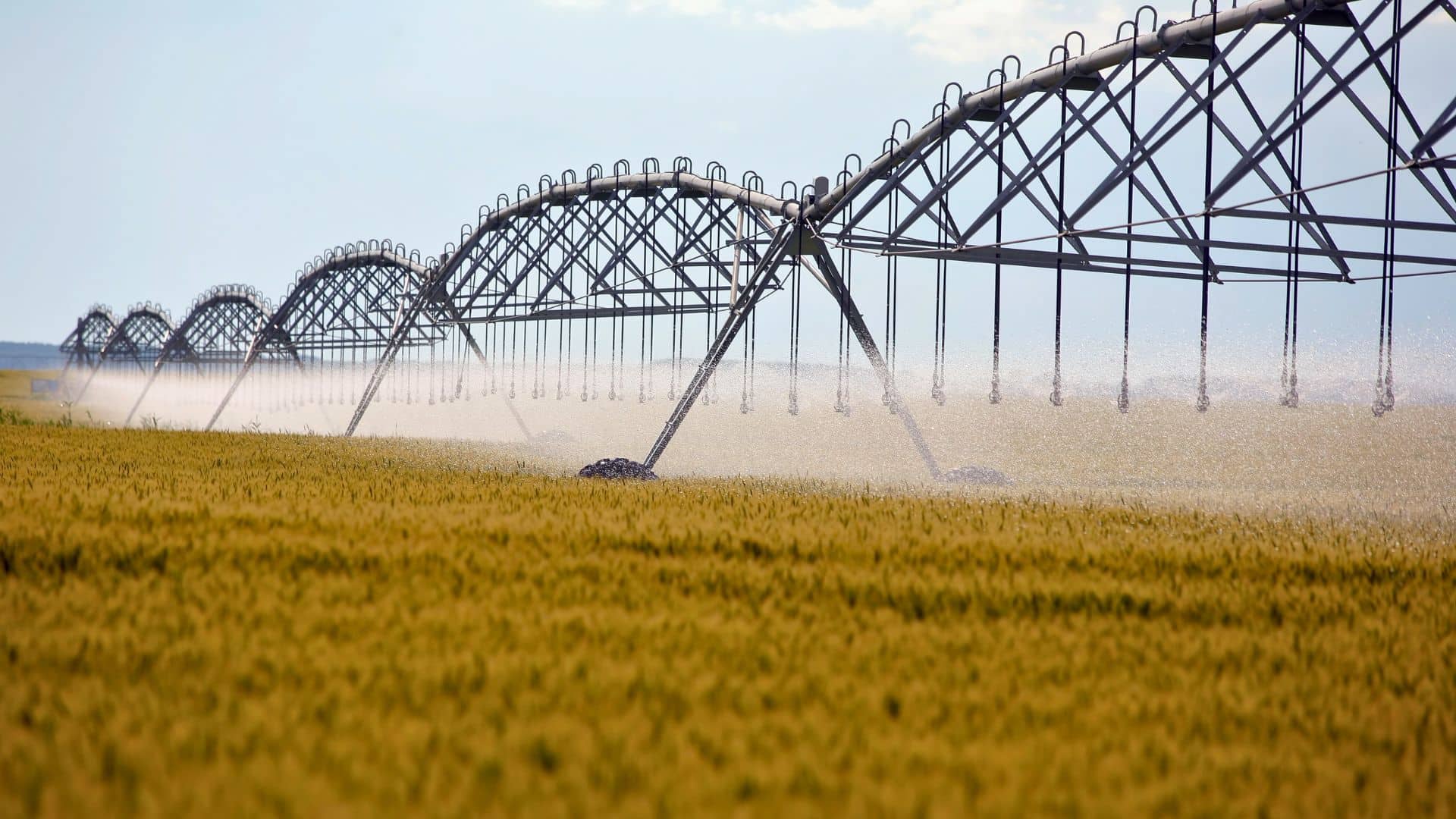‘A Significant and Unprecedented Decline’: Officials Warn of Concerning Trend in Iraq’s Pivotal Wheat Crop


Iraq’s agriculture sector is facing a troubling new reality. Government officials have issued warnings over a steep and unprecedented decline in wheat production, a crop that forms the backbone of the country’s food supply. The causes run deeper than a single bad harvest—they reflect a mix of climate pressures, geopolitical tensions, and systemic challenges that could reshape Iraq’s food security for years to come.
A Sharp and Alarming Drop in Output

Iraqi officials recently announced that wheat production is expected to fall well below previous years’ averages, describing the situation as both significant and unprecedented. While Iraq typically produces enough wheat to meet much of its domestic demand, this year’s yields are forecast to leave a substantial shortfall. This means the nation may have to import more wheat than usual, straining an already tight budget.
Why Wheat Matters So Much in Iraq

Wheat isn’t just another crop in Iraq—it’s a national staple. Bread plays a central role in Iraqi cuisine, and wheat production directly supports the country’s food subsidy programs, which provide affordable bread for millions. Any major dip in production can disrupt this system, forcing the government to either spend heavily on imports or face public discontent over rising food costs.
The Growing Water Scarcity Crisis

One of the biggest culprits in the production drop is water scarcity. The Tigris and Euphrates rivers, Iraq’s main water sources, have seen reduced flows due to upstream dam projects in Turkey and Iran. Farmers are left with less irrigation water, forcing them to plant smaller areas or abandon fields entirely. This isn’t just a seasonal issue—it’s becoming a long-term agricultural challenge.
Climate Change Intensifying the Problem

Climate change has added another layer of difficulty. Iraq has experienced increasingly frequent droughts, hotter summers, and erratic rainfall patterns. These conditions shorten the growing season and stress crops during critical development stages. The combination of higher temperatures and less water makes wheat, a water-intensive crop, harder to grow without significant agricultural adaptation.
Struggles and Setbacks for Farmers

For Iraqi farmers, these environmental challenges translate into real economic pain. Reduced irrigation means lower yields, while higher production costs eat into already thin profit margins. Some farmers are shifting to less water-demanding crops, but others are leaving agriculture altogether. Rural-to-urban migration is becoming more common, adding pressure on Iraq’s cities and labor markets.
Economic Ripple Effects

The drop in wheat production has broader economic implications. Iraq may have to import significantly more wheat to meet demand, which would cost millions in foreign currency reserves. Higher food prices could spark inflation, placing additional strain on households already coping with rising living costs. In a country where bread is both a necessity and a political symbol, shortages could even trigger social unrest.
A Regional Pattern of Decline

Iraq’s wheat crisis mirrors similar issues in neighboring countries. Across the Middle East and North Africa, staple crops are under threat from the same mix of water scarcity, climate change, and geopolitical tensions. Syria, Iran, and Egypt have all reported lower-than-expected harvests in recent years, suggesting that Iraq’s struggle is part of a broader regional trend that demands coordinated solutions.
Searching for Solutions and Adaptation

Experts say the crisis isn’t irreversible, but it will require urgent action. Investing in modern irrigation techniques, adopting drought-resistant wheat varieties, and negotiating better water-sharing agreements with upstream countries could help stabilize production. Without these measures, Iraq risks becoming increasingly dependent on imports, leaving its food security vulnerable to global market fluctuations.
A Warning Sign for Iraq’s Food Future

Iraq’s sharp decline in wheat production is more than a temporary setback—it’s a glimpse into the country’s vulnerable agricultural future. Without urgent action to address water shortages, modernize farming practices, and adapt to a changing climate, the nation risks deeper food insecurity. This year’s drop isn’t just a statistic; it’s a warning that the time to act is now.
